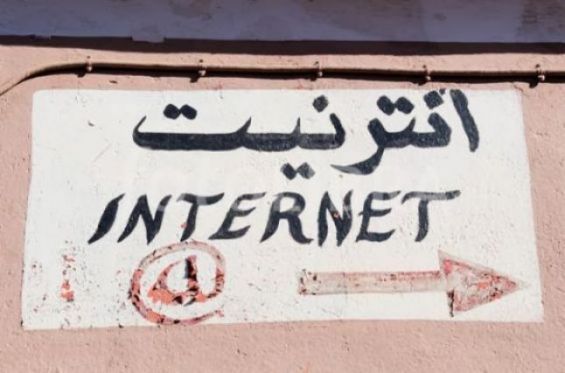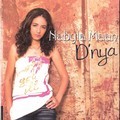Morocco ranks 33rd in the 2018 edition of Freedom on the Net, a report conducted by US-based non-governmental organization the Freedom House. Made public on Thursday, November the 1st, the survey covers 65 countries in the world to determine the ability of people to access and create content on the internet.
Monitoring freedom on the net in Morocco from the 1st of June 2017 to the 31st of May 2018, the report grants the Kingdom 45 points out of 100. The Kingdom’s score puts it in the partly free countries category.
Although Morocco’s score did not change, compared to last year, it is positioned as one of the best performing nations in North Africa and the Middle East (MENA) region.
The Kingdom is ranked 2nd in the MENA zone behind Tunisia, which scored 38 points, and ahead of Lebanon (47), Jordan (49), Libya (51), the United Arab Emirates (69), Bahrain (71), Egypt (72), Saudi Arabia (73), Syria (83) and Iran (85). Mauritania and Algeria were not covered by the Freedom House’s survey.
Manipulating online discussions
The report is based on three major indexes namely, obstacles to access internet, limits on content, violations of user rights. Morocco scored 11 out of 25, 10 out of 35, 24 out of 40 points in the three indices respectively.
According to the authors of the report, in Morocco «progovernment commentators manipulate online discussions», bloggers and ICT users have been «arrested and imprisoned» and has their sentences «prolonged for political or social content», and «government critics or human rights and organizations» were targeted by «technical attacks».
According to the report’s observations, «internet freedom in Morocco remained tenuous over the past year due to a crackdown on online journalists and activists who had covered protests, trained reporters, and voiced dissent online».
Journalists and activists
The survey refers to the Hirak movement and the protests that took place in al Hoceima. «Hundreds of people, including several citizen and online journalists, were arrested as part of the government response to the protests», argues the same source.
It also highlights pressure put by the government on online newspapers to «remove content that is deemed controversial or undesirable». Here, the Freedom House refers to Arabic-language online newspaper Hespress which «in the past featured content that was both supportive and critical of the government, has deleted videos of street protests and interviews with opposition figures due to anticipated or actual pressure from authorities».
The report touched upon issues related to the creation of news websites in the Kingdom, citing Yabiladi.
«The Ministry of Culture and Communication long refused to grant press cards to the directors of two important French-language online news sites, Yabiladi and Le Desk. It took seven months before Mohamed Ezzouak and Ali Amar received their cards in May 2018. Without such cards, based on the new 2016 press code, it is illegal to practice journalism in Morocco».
The report recalled the viral boycott campaign that targeted three major companies in Morocco, stating that several accounts are created on Twitter and Facebook to harass, intimidate, and threaten activists.





 chargement...
chargement...













